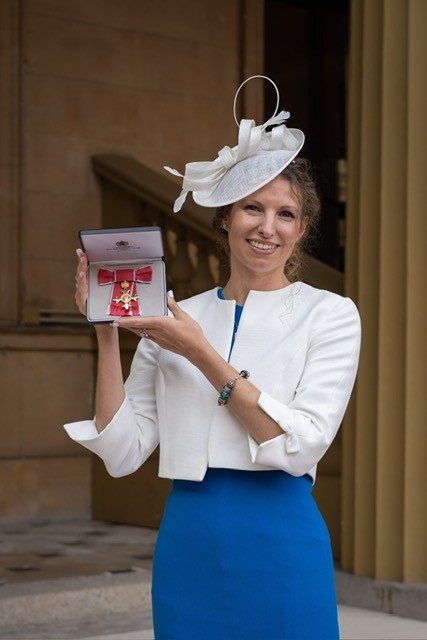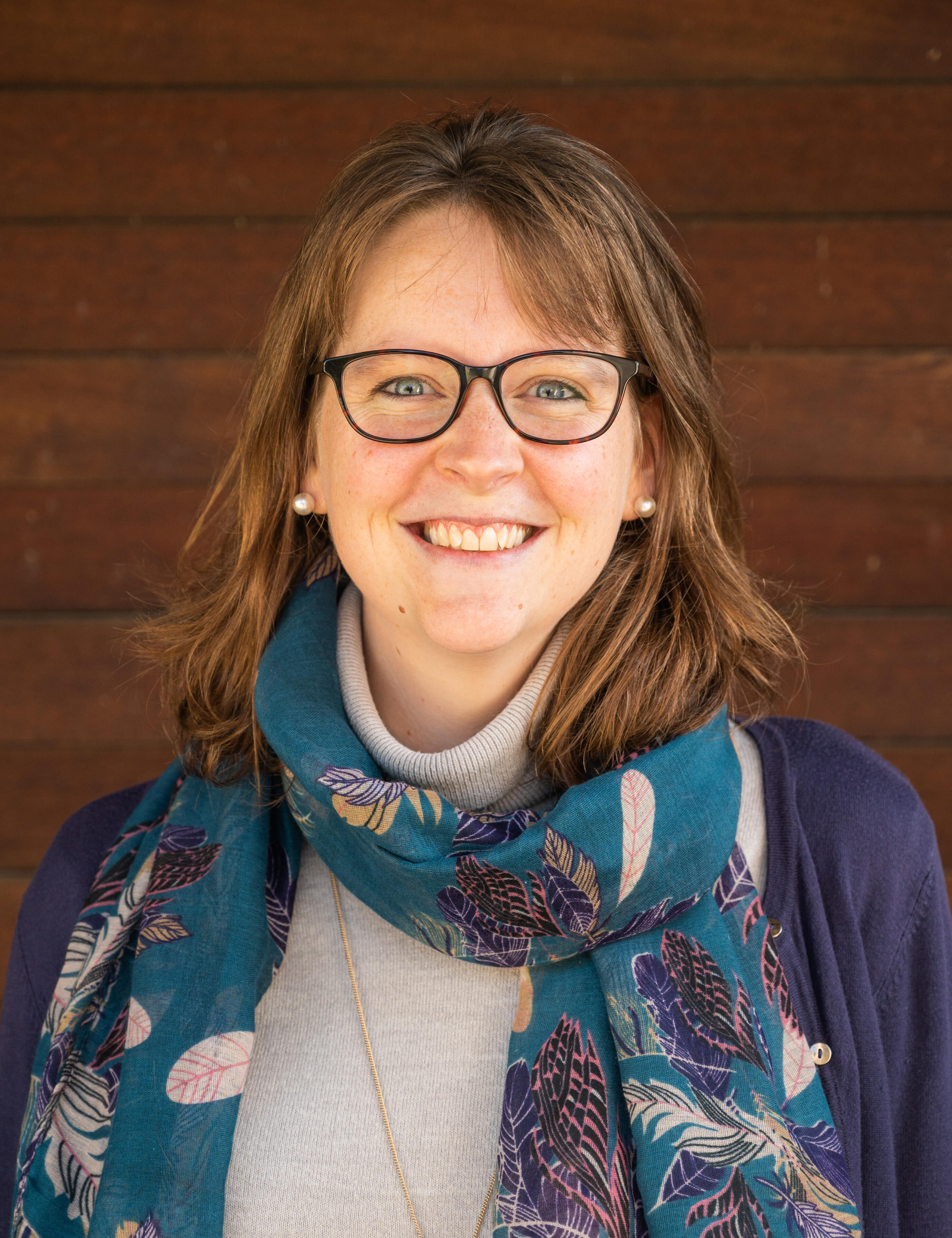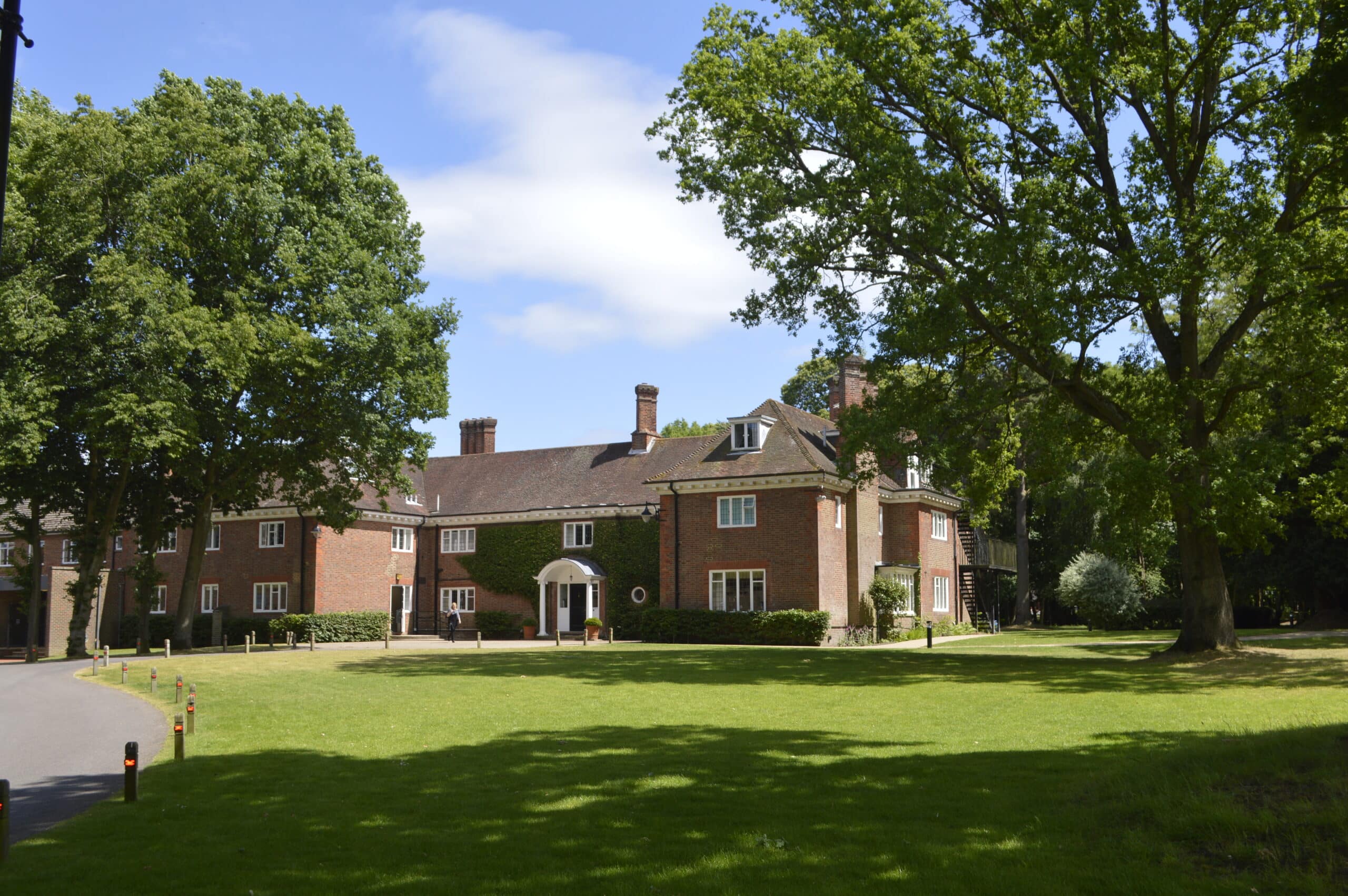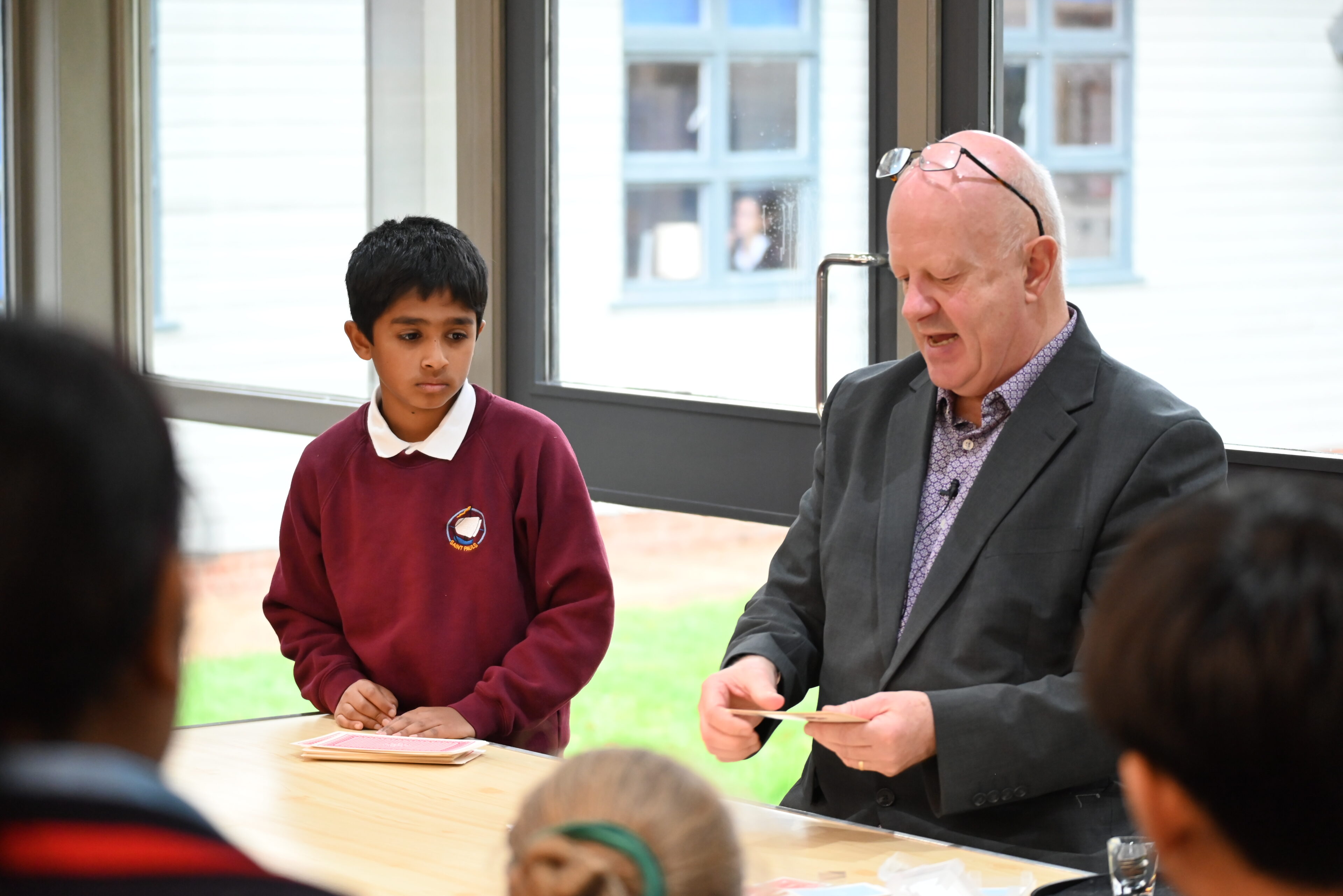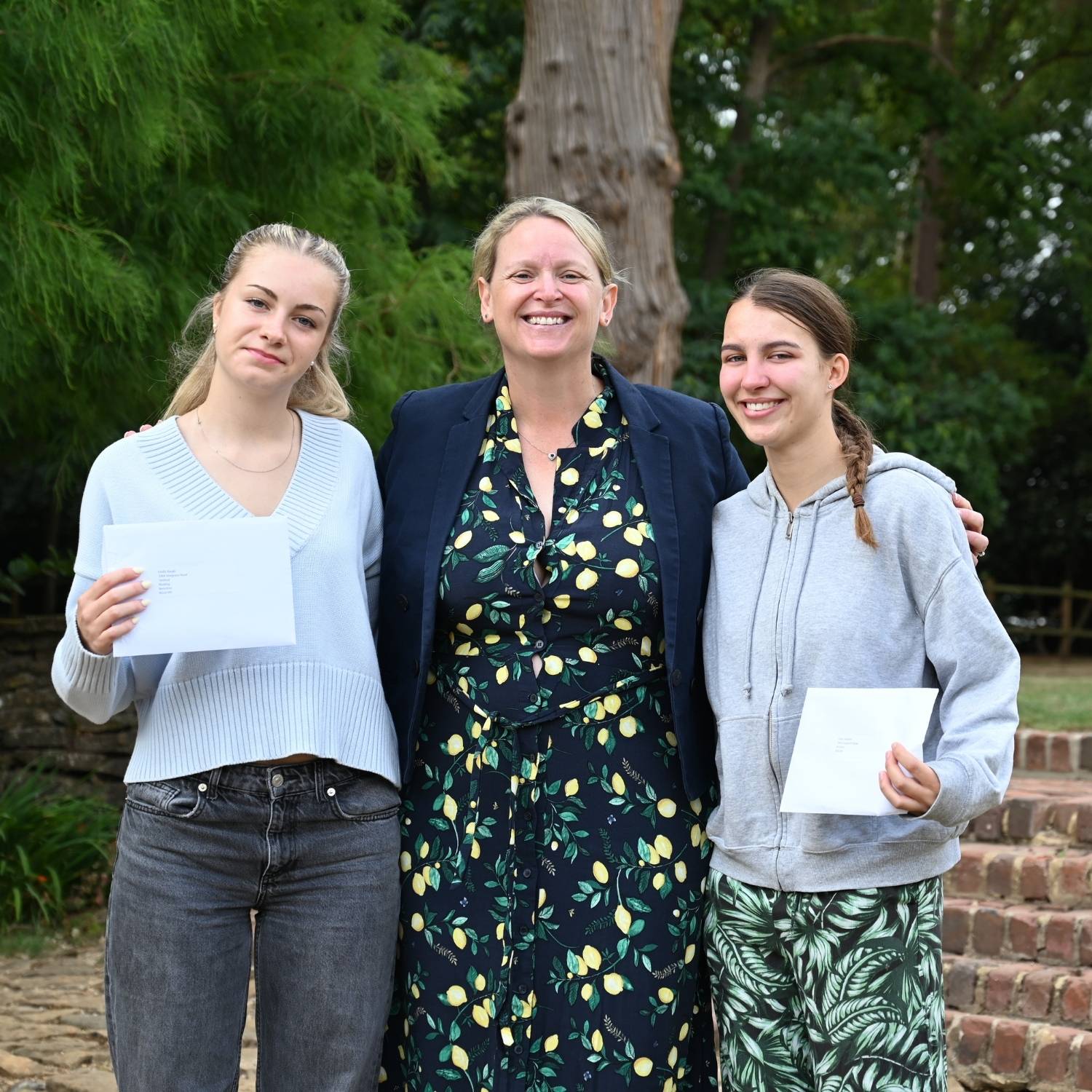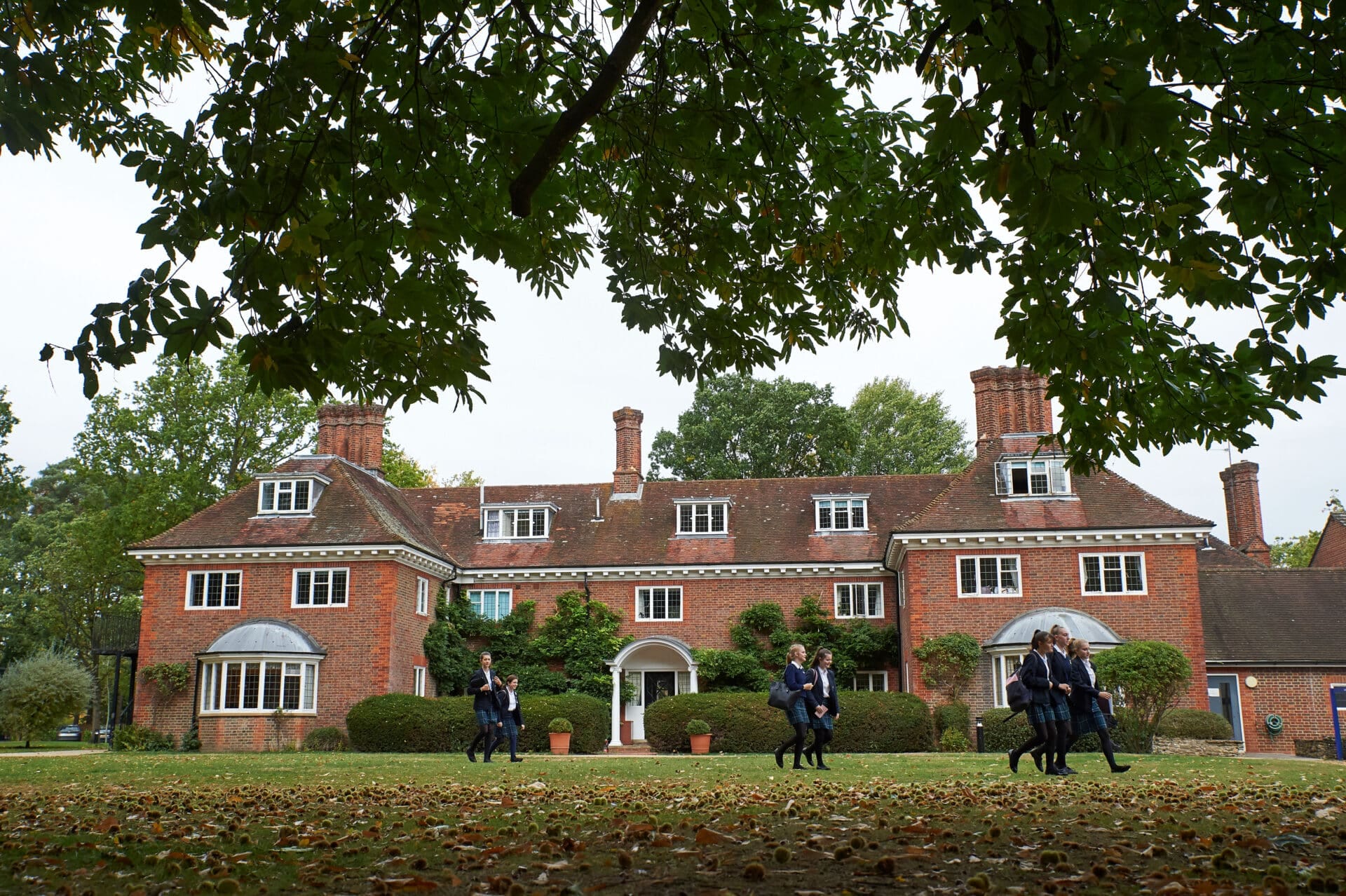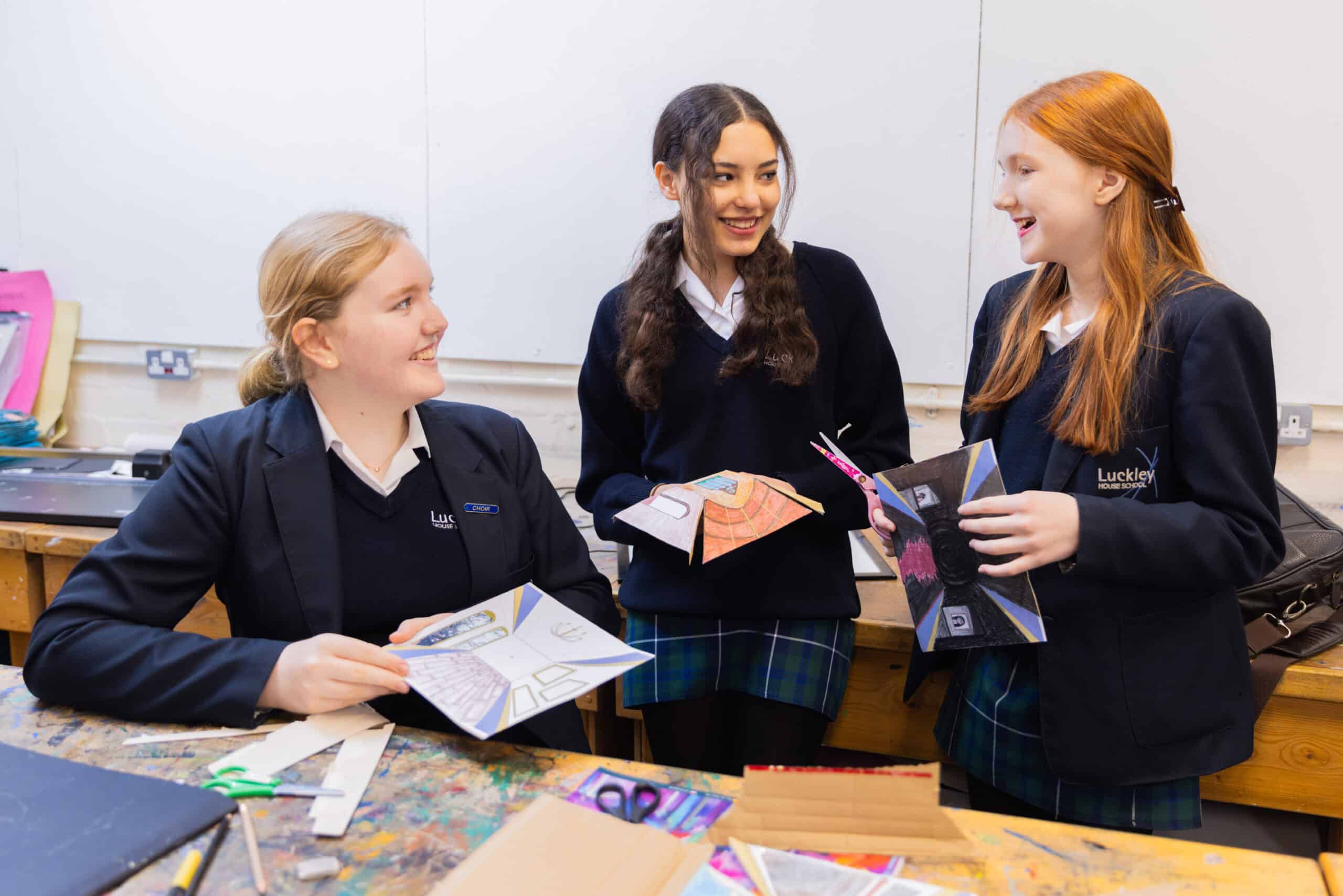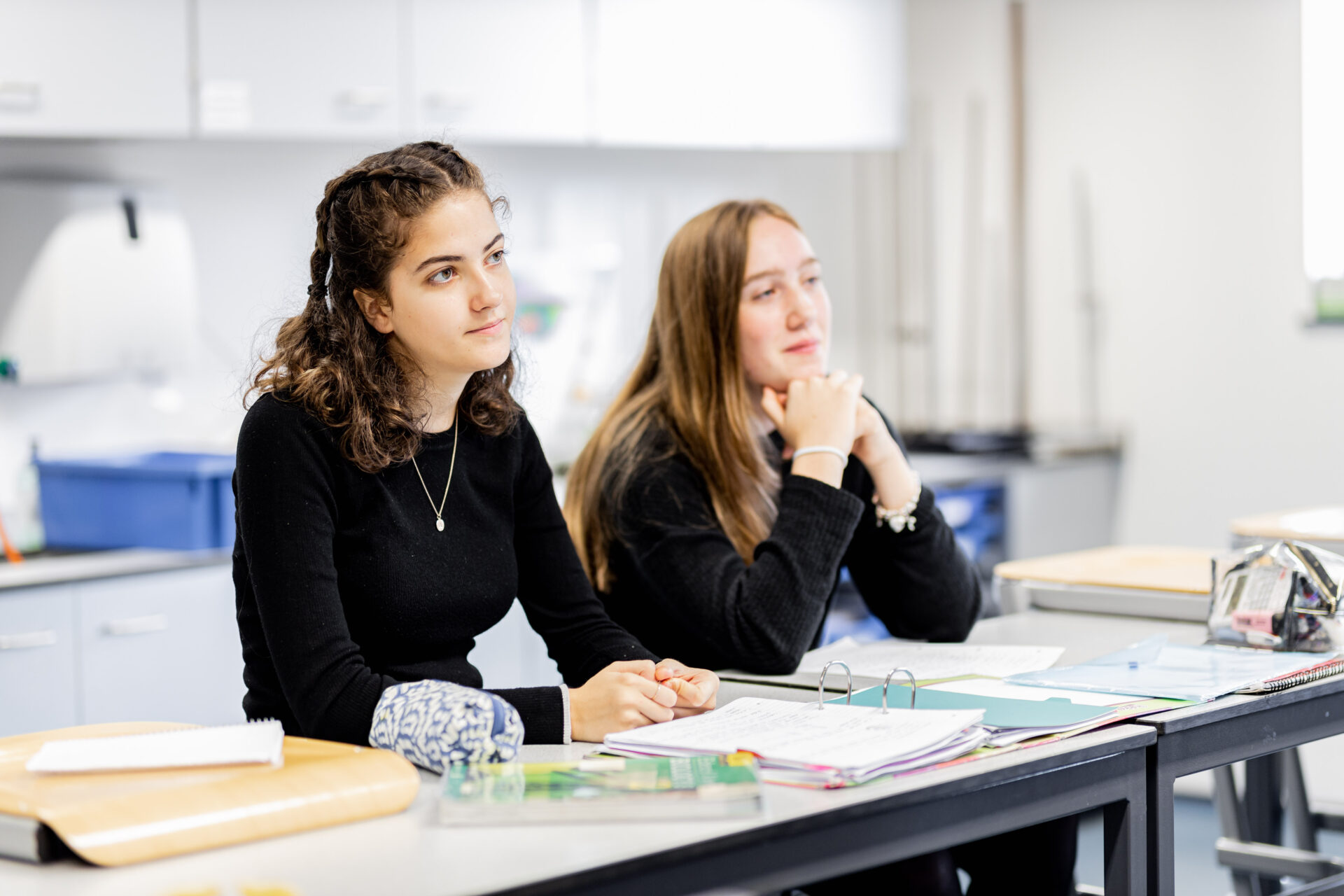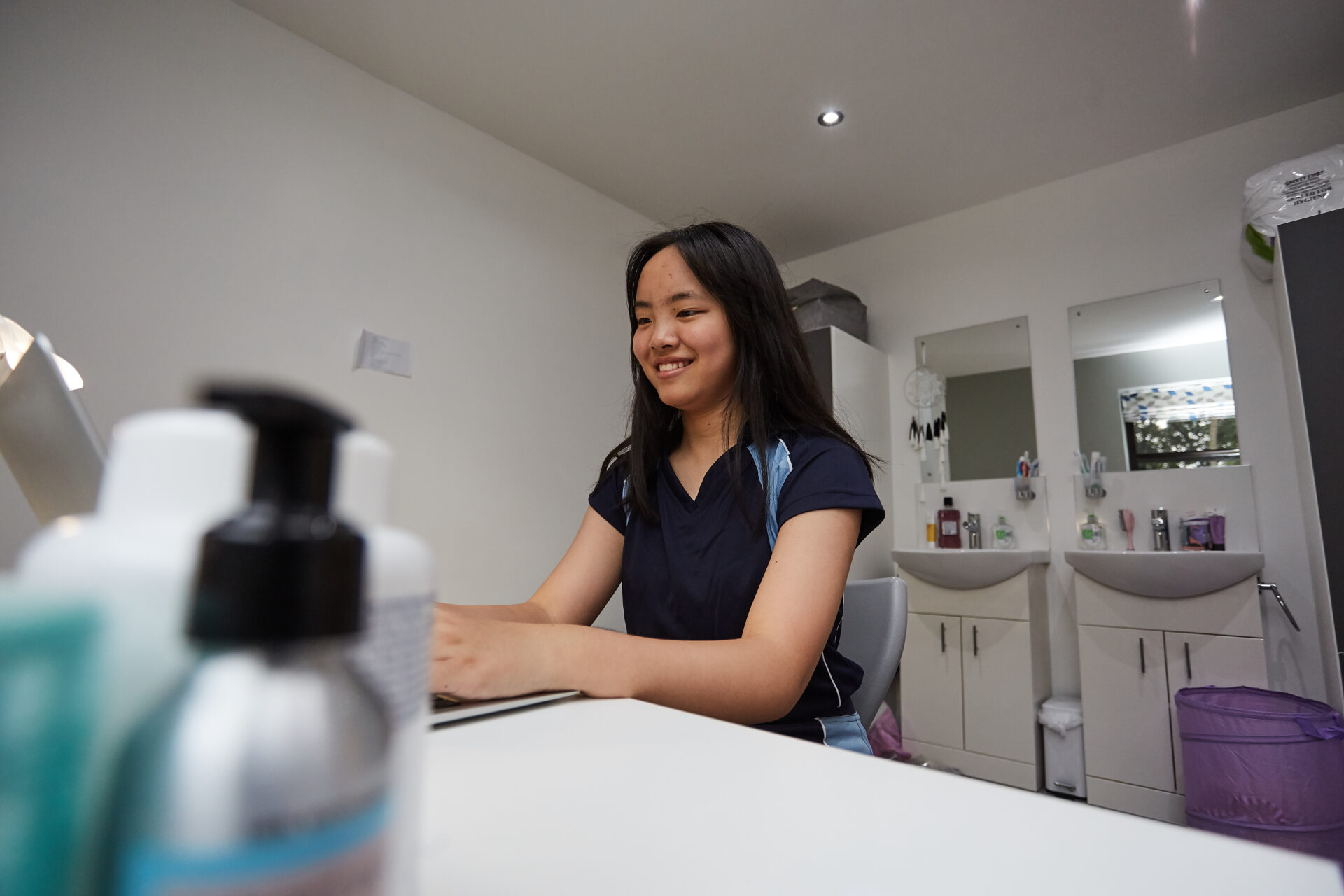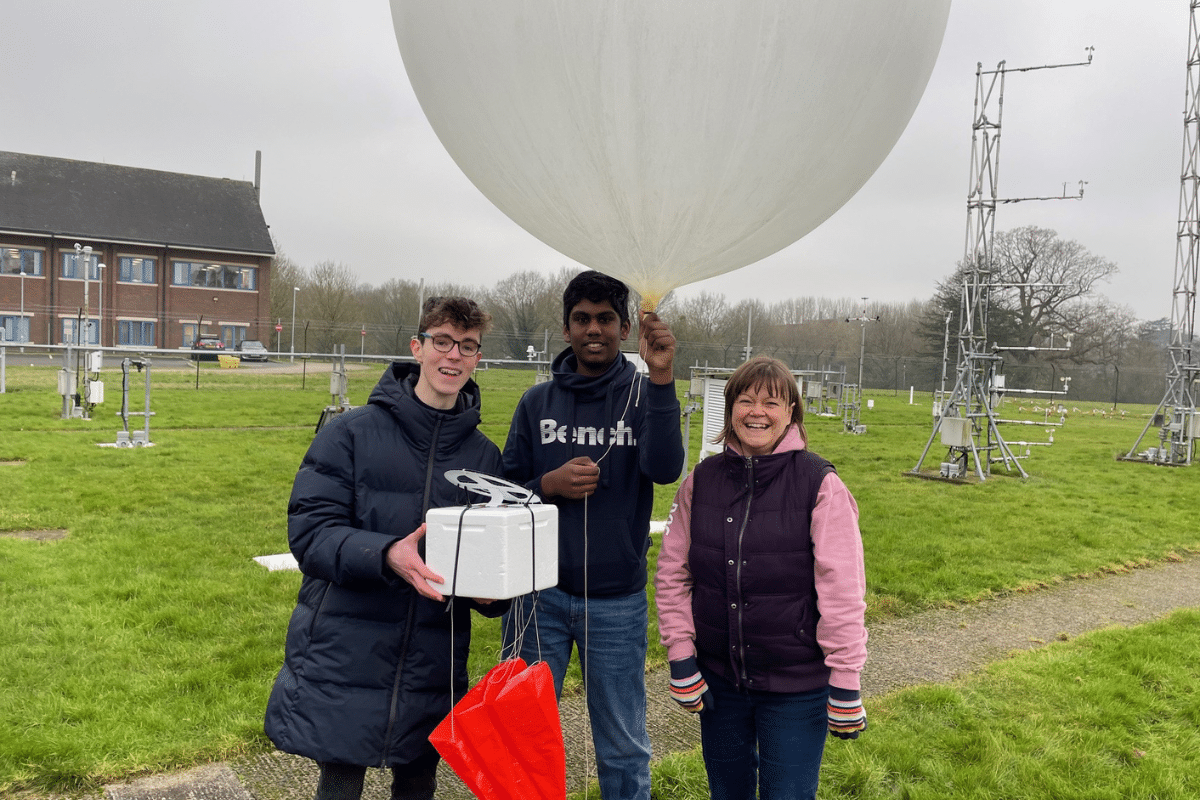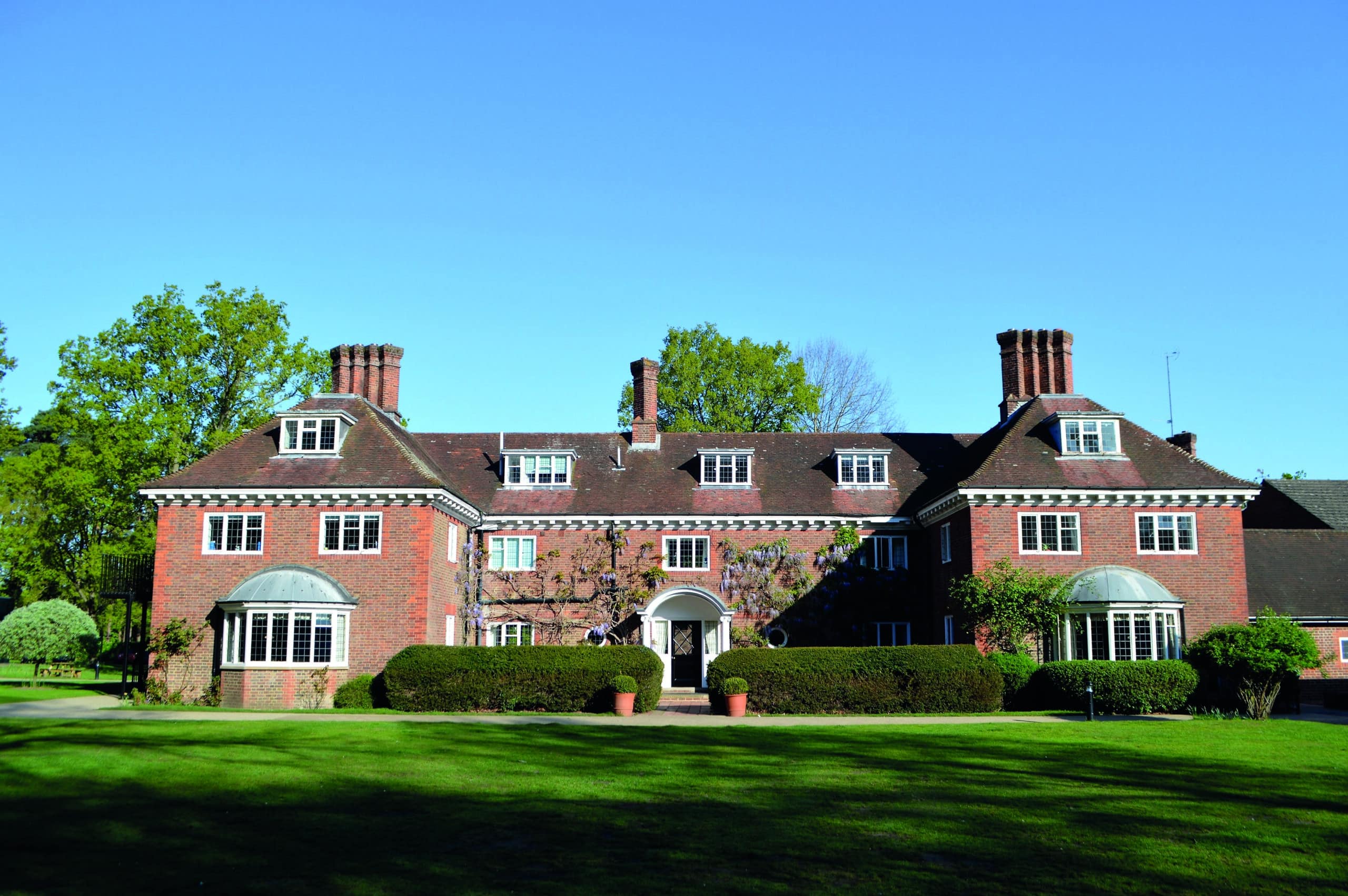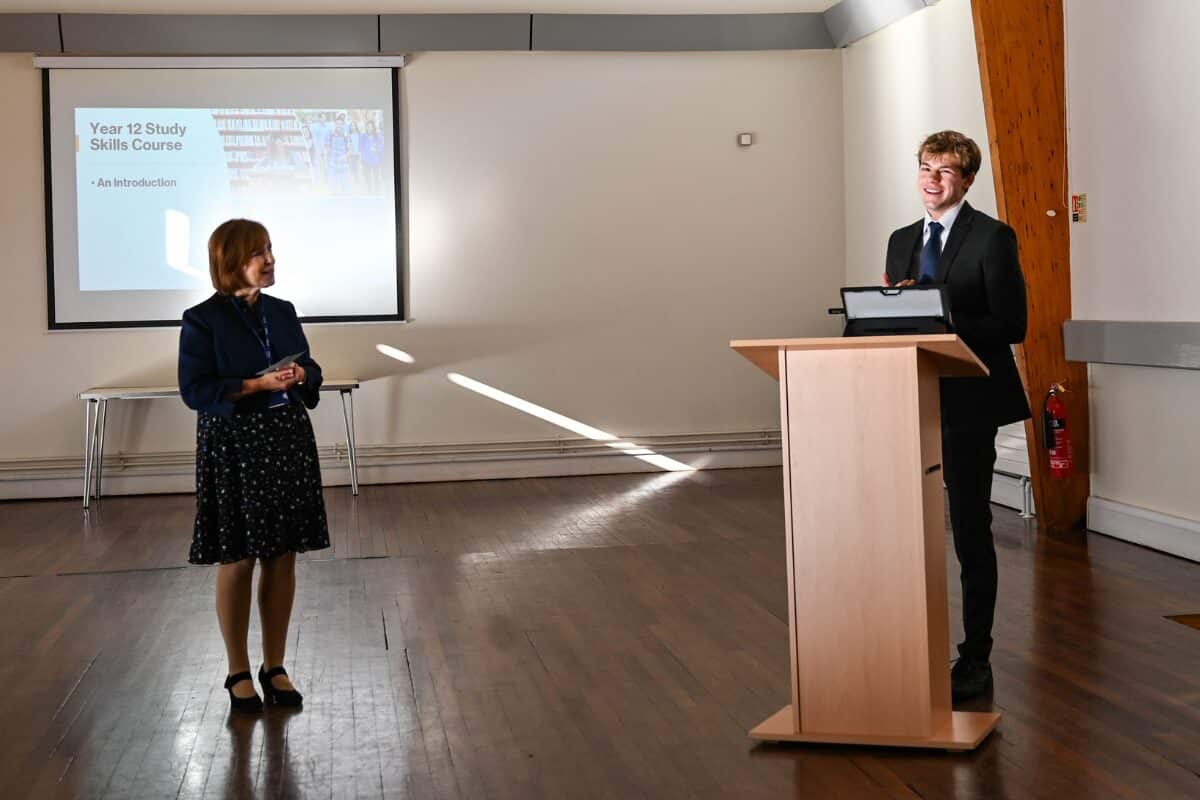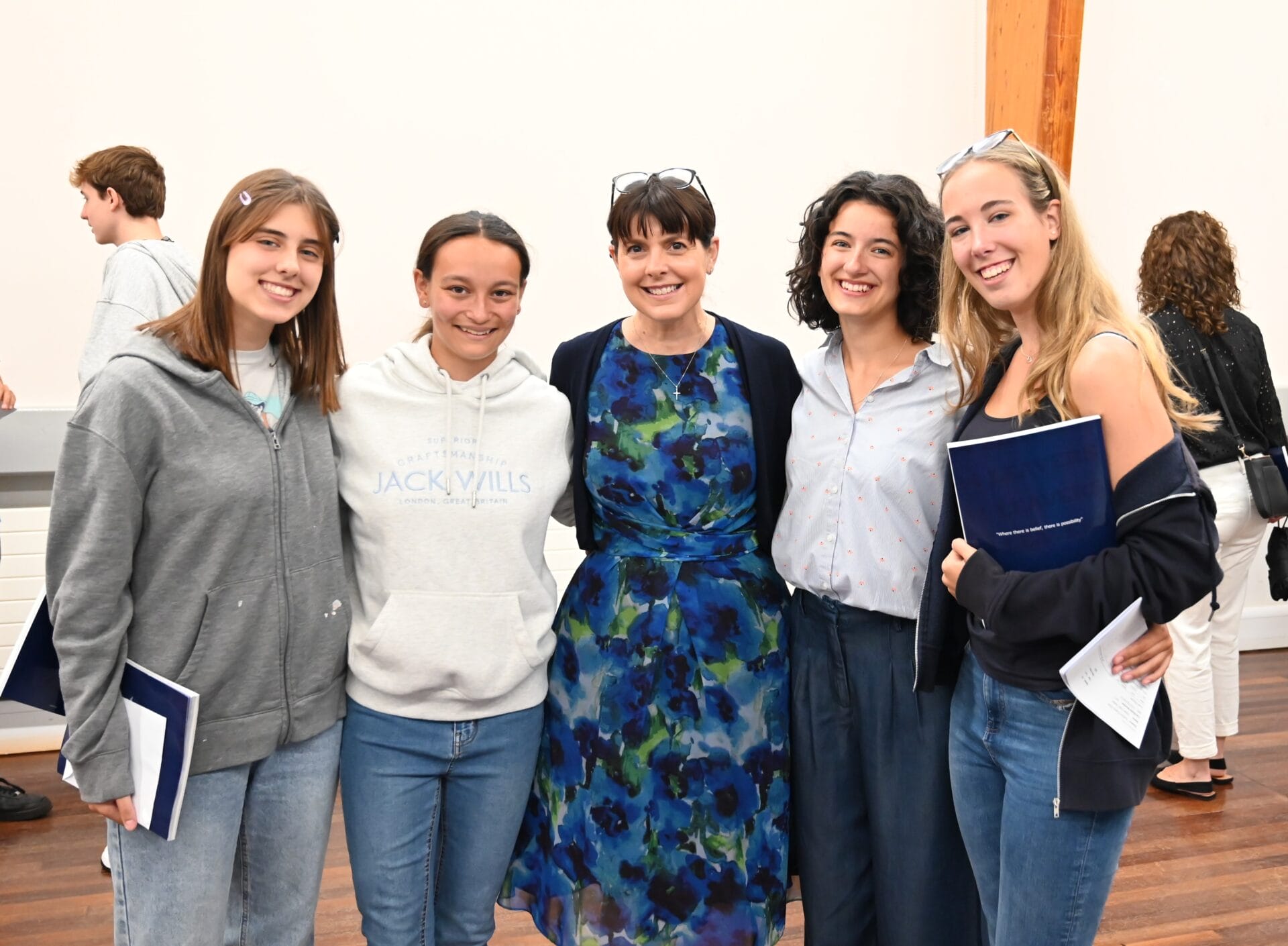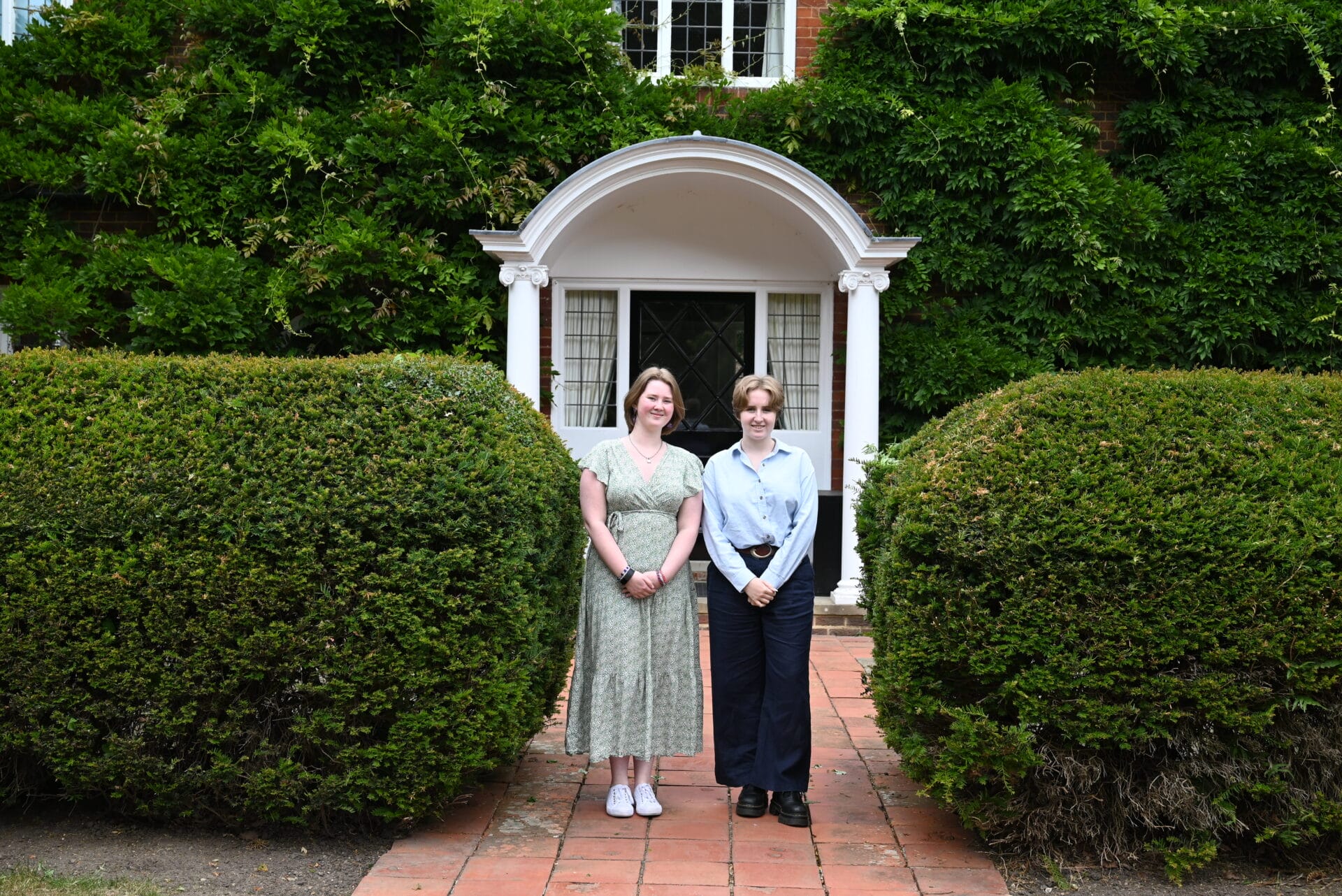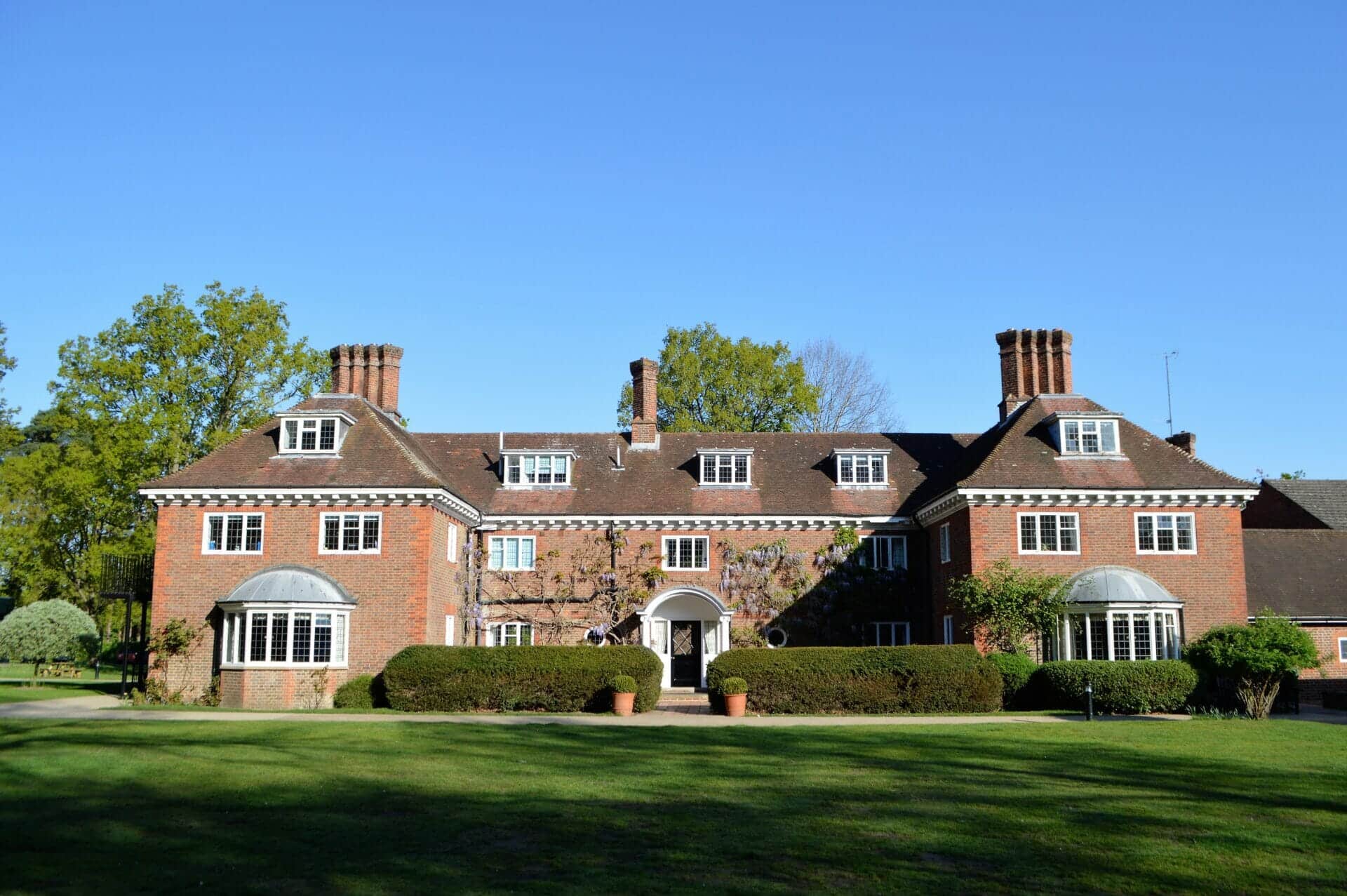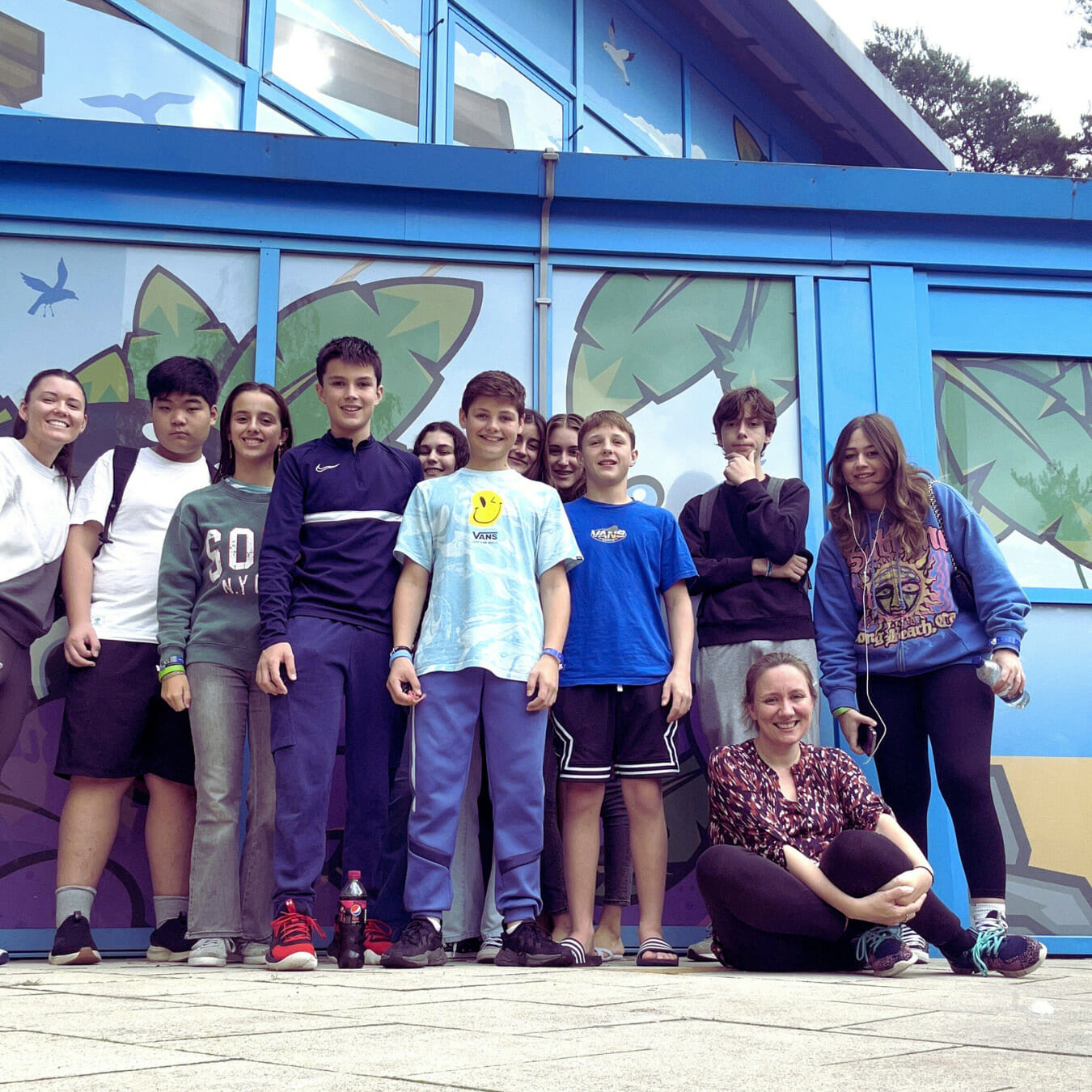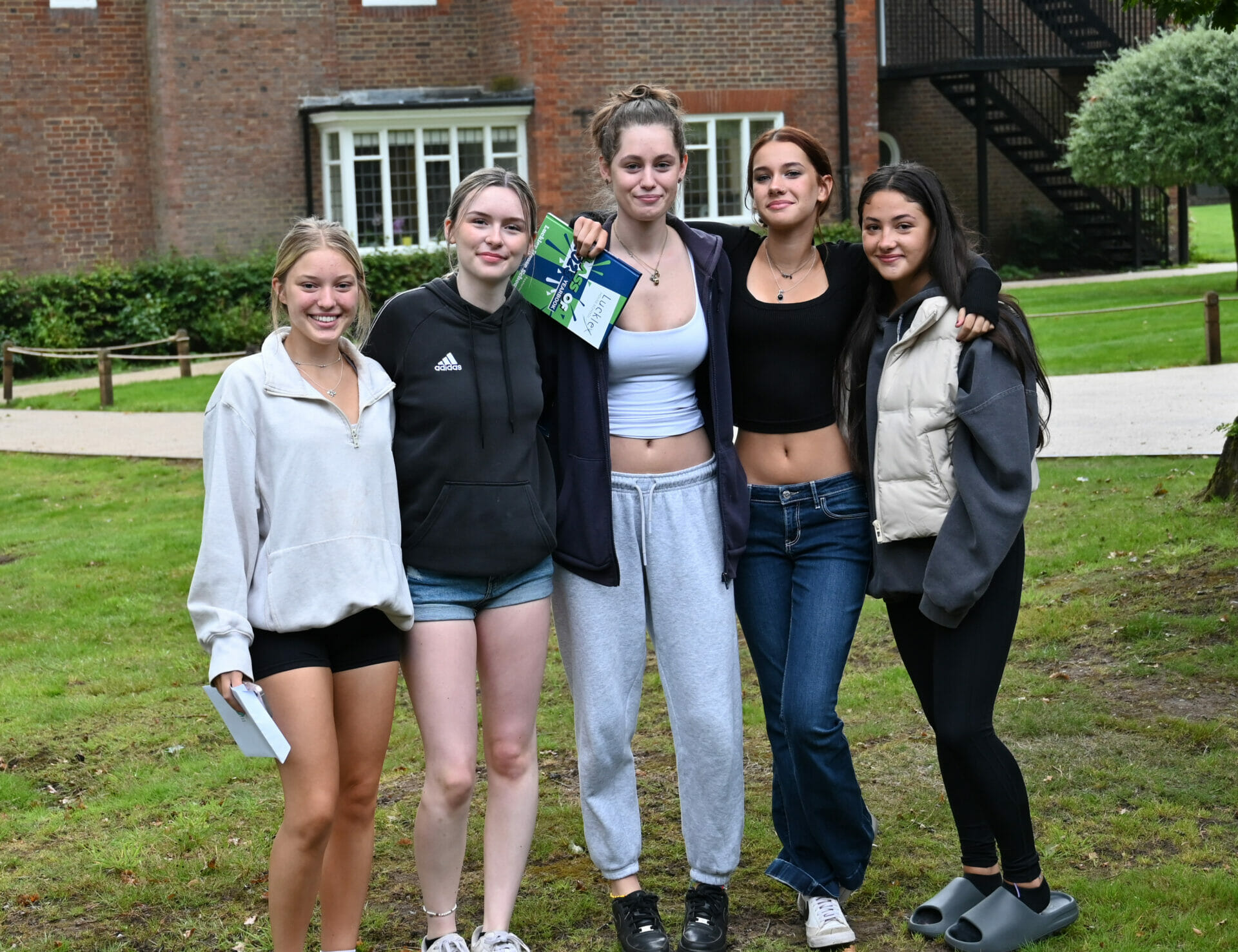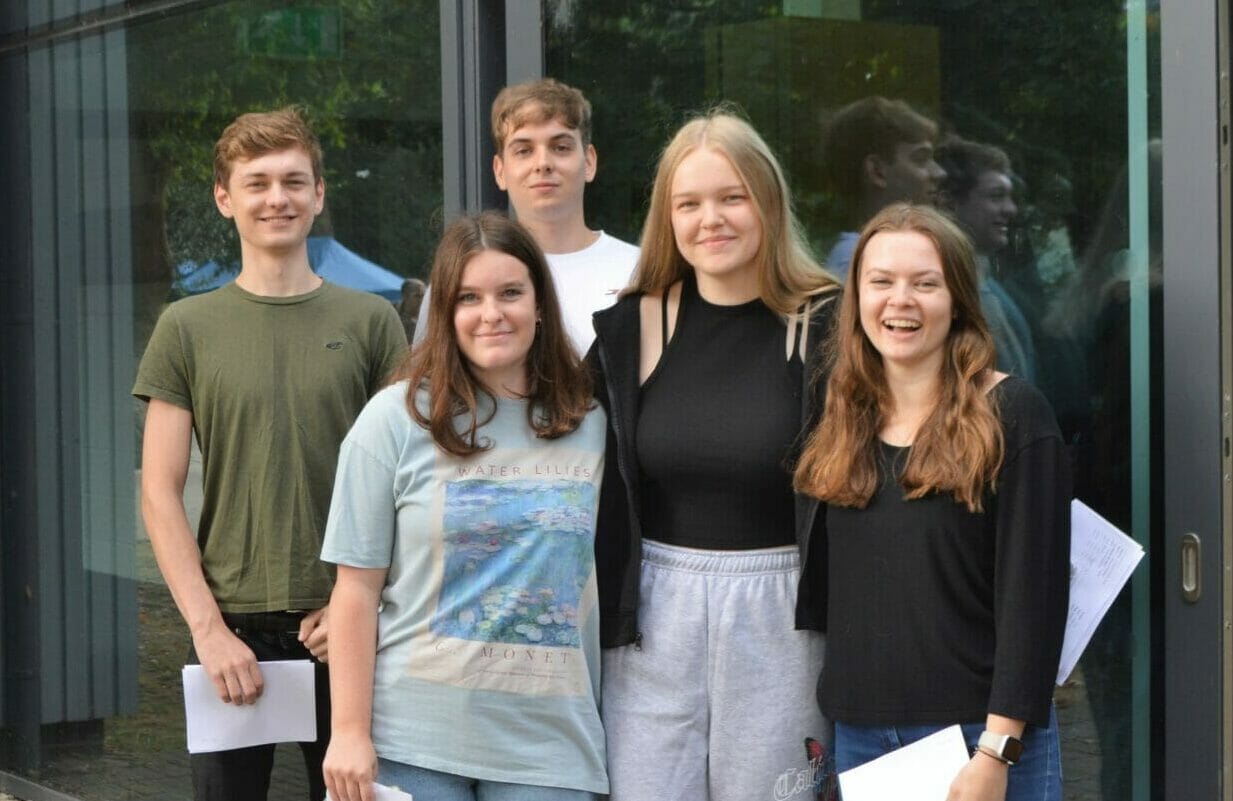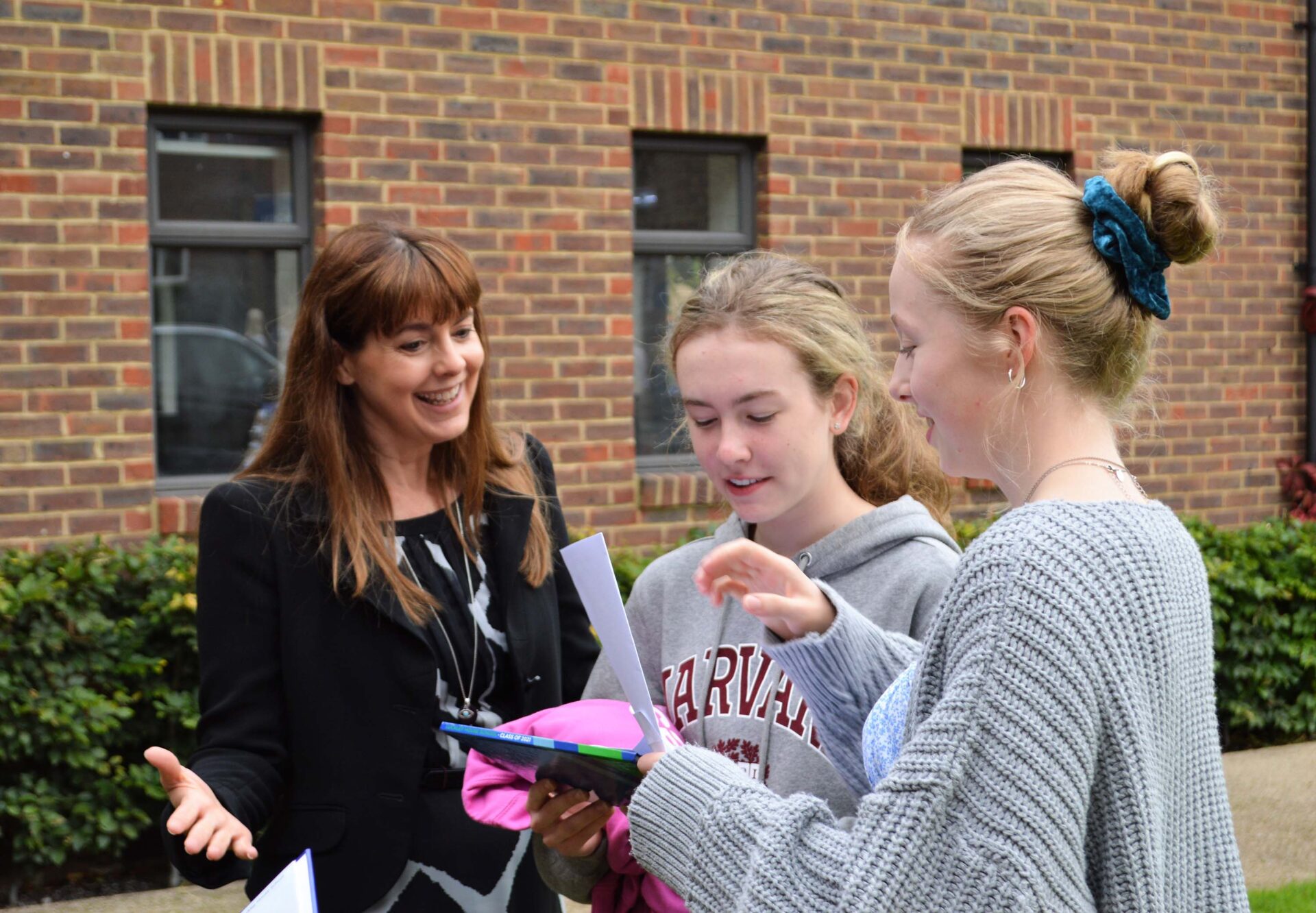
The Extended Project Qualification, better known as the EPQ, gives Sixth Form students the chance to take learning into their own hands. This unique qualification is usually completed during Year 12 or 13, allowing students to explore a subject of personal interest while developing valuable skills in research, organisation and independent study.
At Luckley House School, an independent Sixth Form in Berkshire, the EPQ is a popular option that reflects the school’s focus on encouraging independence and academic curiosity.
In this article, we take a closer look at the EPQ and what it involves, providing a clear understanding of how the qualification works and what students can expect from it.
learn more about our sixth form curriculumWhat is an EPQ?
The Extended Project Qualification (EPQ) is a Level 3 standalone qualification designed to allow students to pursue a topic of personal interest in depth. The EPQ gives students the freedom to choose their subject, decide how to research it, and determine the best way to present their findings.
Students carry out research on their chosen topic and then produce a final piece of work. This is generally a written report, but it can also be a practical project, such as an artefact or a production. Students are responsible for planning their project, managing their time, and carrying out research with minimal day-to-day guidance.
While the EPQ can complement existing A Level subjects, it also focuses on developing transferable skills. These include critical thinking, project management, research techniques, and reflective learning.
How does it work?
The EPQ is designed to give students control over their own learning while following a clear framework to guide the process. With appropriate supervision, it begins with choosing a topic that sparks interest. Students then draft a title and outline the aims of their project, which the school formally approves to ensure the project is achievable and academically suitable.
Once approved, students plan and carry out their research, gathering information from a range of sources, analysing their findings, and shaping their own conclusions. Throughout this stage, they are encouraged to think critically, question assumptions, and explore different perspectives.
The project culminates in a final piece of work. Students also deliver a presentation to a non-specialist audience, sharing their findings and the process they followed.
Throughout the project, they maintain a record of their development, providing evidence of planning, research, and production for assessment.
How many UCAS points is an EPQ?
The EPQ is recognised by UCAS, meaning it can contribute to a student’s overall points total when applying to university. At A Level equivalent, the EPQ is graded from A* to E, and the points awarded reflect this. Here’s the full UCAS tariff point breakdown for the EPQ:
- A* – 28 points
- A – 24 points
- B – 20 points
- C – 16 points
- D – 12 points
- E – 8 points
While the EPQ does not carry as many points as a full A Level, it can still make a meaningful difference to a student’s application, particularly when combined with strong A Level results.
Why study an EPQ?
Building valuable skills
The EPQ gives students the opportunity to develop skills that are essential for both university and the workplace. From managing deadlines and planning research to problem-solving and working independently, the skills gained are highly transferable. These abilities are exactly what universities and employers look for, as they demonstrate initiative, organisation, and the capacity to think critically.
Pursuing personal interests
One of the most rewarding aspects of the EPQ is the freedom it offers. Students can choose a topic that genuinely interests them, whether linked to an A Level subject or something entirely different. This chance to explore an area in depth helps to nurture curiosity and independence while encouraging resilience as students work through challenges and refine their projects.
Recognition from universities
Universities across the UK consistently recognise the EPQ as a mark of commitment and independence. The qualification highlights a student’s ability to plan, research, and present work at a high level, all skills that are directly relevant to degree study. As Cambridge University explains: “We encourage applicants to take an EPQ. It will help to develop independent study and research skills, which are valuable for higher education.”
In some cases, universities will make reduced entry offers to applicants who achieve well in their EPQ. Even when no formal concessions are made, completing an EPQ demonstrates qualities such as resilience, curiosity, and self-motivation, all of which strengthen a personal statement and interview performance.
EPQ at Luckley House School
At Luckley House School, the EPQ is an optional qualification, but one that is highly encouraged for all Sixth Form students.
The EPQ at Luckley House is offered through the AQA examination board, ensuring a nationally recognised standard and assessment process. Delivery of the EPQ involves a combination of skill-based teaching, supervision, and ongoing assessment. Students are guided in developing key abilities that are not only essential for completing the project itself but also extremely useful for future study at university.
With appropriate supervision, students are required to choose an area of interest (this may complement potential university subjects, but can also stem from personal passion). They draft a title and outline the aims of their project for formal approval, then plan, research, and carry out their work, which is generally a 5,000-word essay. Students also deliver a presentation to a non-specialist audience, typically lasting around 15 minutes, and provide evidence of all stages of project development for assessment.
Assessment is based on three components: the written essay or final outcome, the presentation, and a project log documenting the entire process.
Projects at Luckley are diverse and reflect the wide range of student interests. Past examples include exploring the ethics of gene editing, the science behind intelligence, designing lighting for a school production, investigating the microbiome’s impact on health, or examining the emotional effects of a Pixar soundtrack.

The EPQ offers Sixth Form students a unique opportunity to take charge of their learning, explore a subject they are passionate about, and develop skills that will benefit them at university and beyond. At Luckley House School, an independent school in Berkshire, students are supported throughout the process while enjoying the freedom to shape their own projects.
At Luckley House, the EPQ forms part of a broader Sixth Form curriculum designed to nurture academic curiosity, personal development, and preparation for higher education. With small class sizes, dedicated teaching, and a range of enrichment opportunities, students are able to pursue their interests while building the skills and confidence they need for the future.
Learn MoreFAQs
Is the EPQ compulsory?
No, the EPQ is optional. However, many Sixth Form students choose to take it because of the independence it offers and the way it is valued by universities.
How long does an EPQ take?
The EPQ is usually completed over the course of a year, alongside A Level study. Students are expected to dedicate around 120 hours in total, which includes planning, research, writing, and presenting.
How many words is an EPQ?
Most students complete a written report of around 5,000 words. For practical or creative projects, the written element is shorter, but it must still include evidence of research, planning, and evaluation.
Do all universities value the EPQ?
While not every university offers reduced entry requirements, most view the EPQ as a strong addition to an application. It demonstrates independence, resilience, and research skills, qualities that are highly relevant to degree-level study.
What support will I get?
Although the EPQ is designed to be student-led, supervisors provide guidance throughout the process.
Can the EPQ be on any topic?
Yes, students are free to choose a topic that interests them. The key is to show thorough research, critical thinking, and a structured approach. It can be beneficial to choose a topic related to the subject you hope to study at university, as this can strengthen your application and demonstrate interest in the field.








